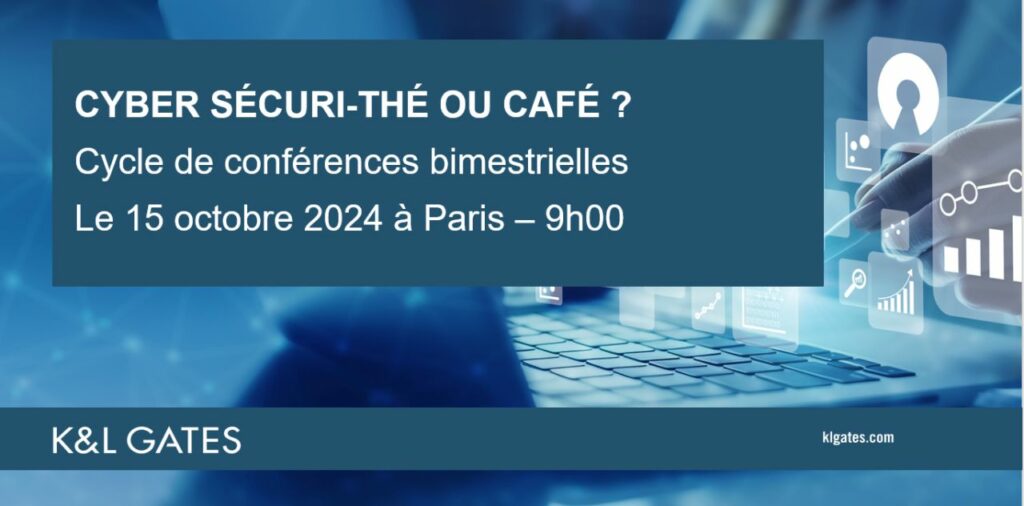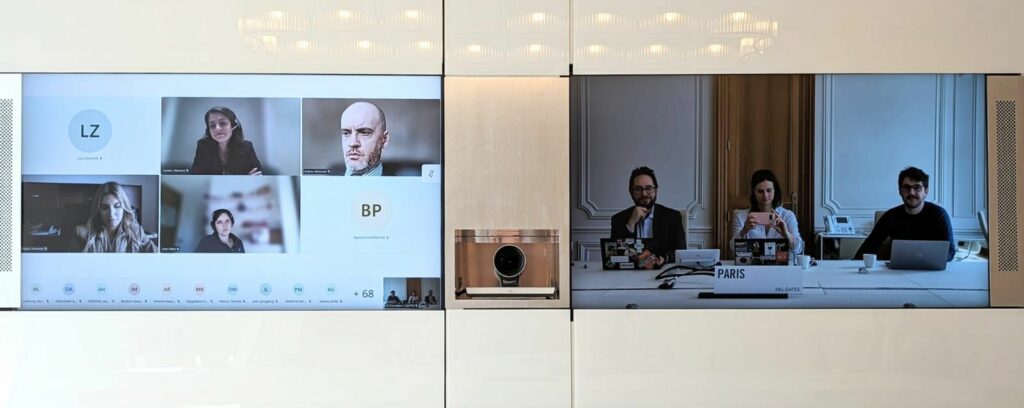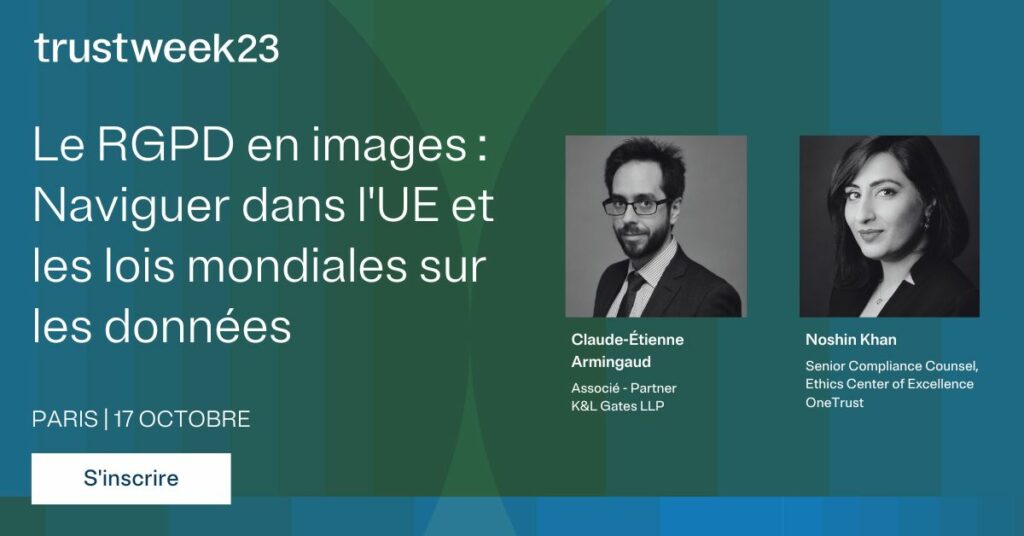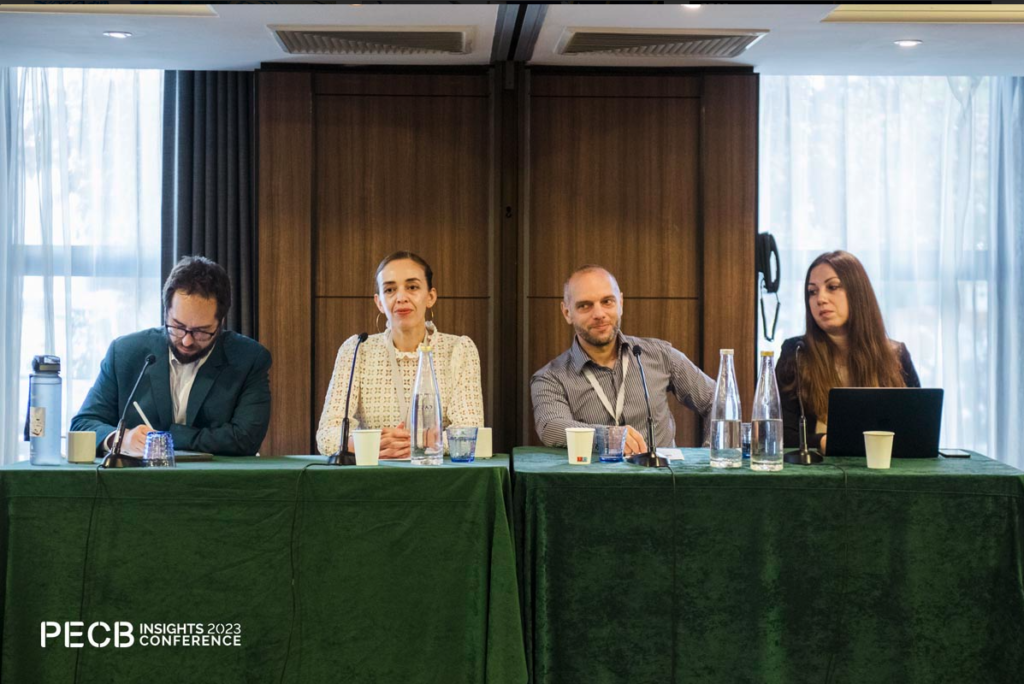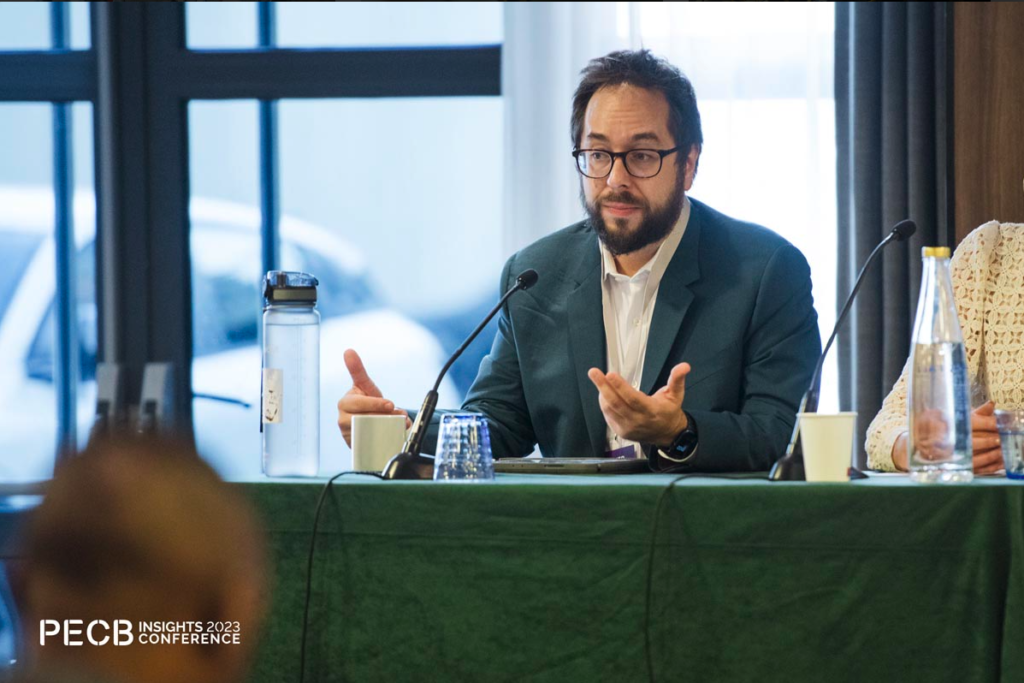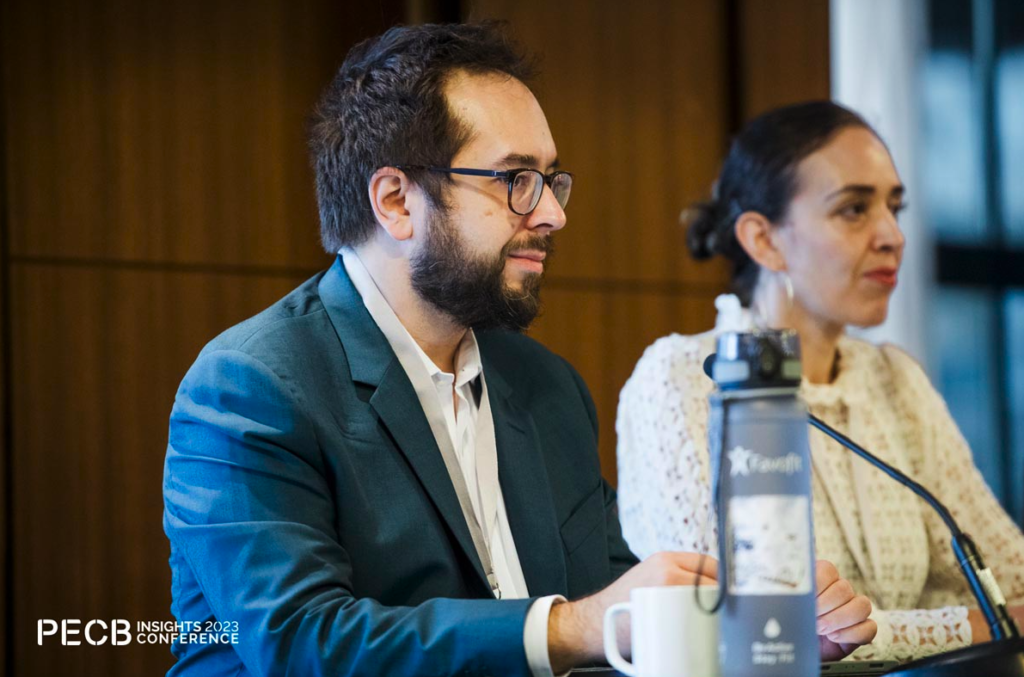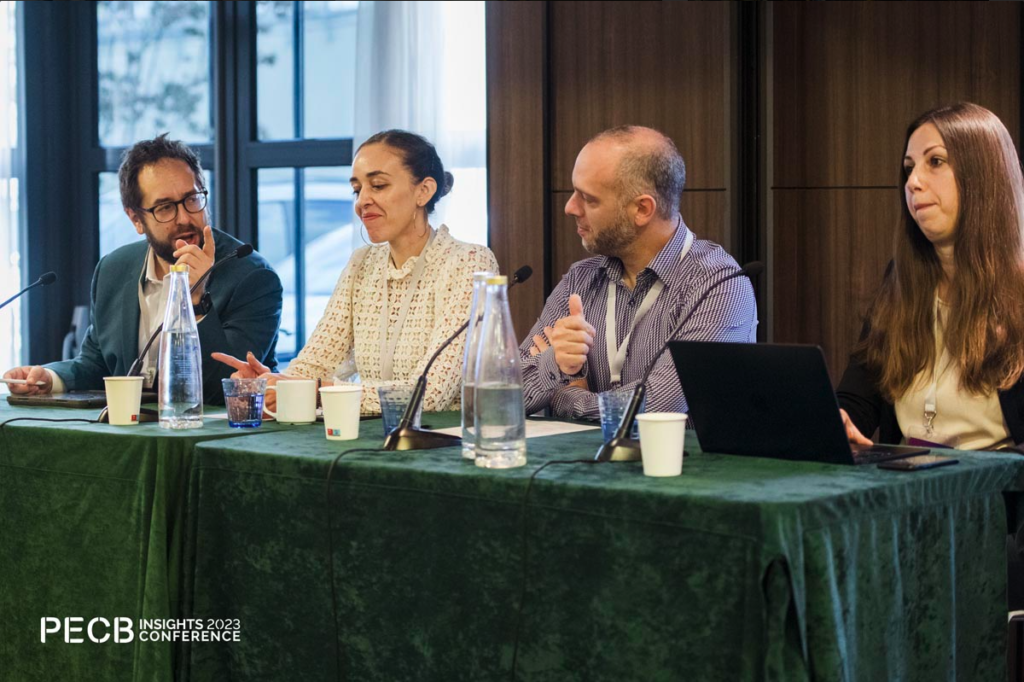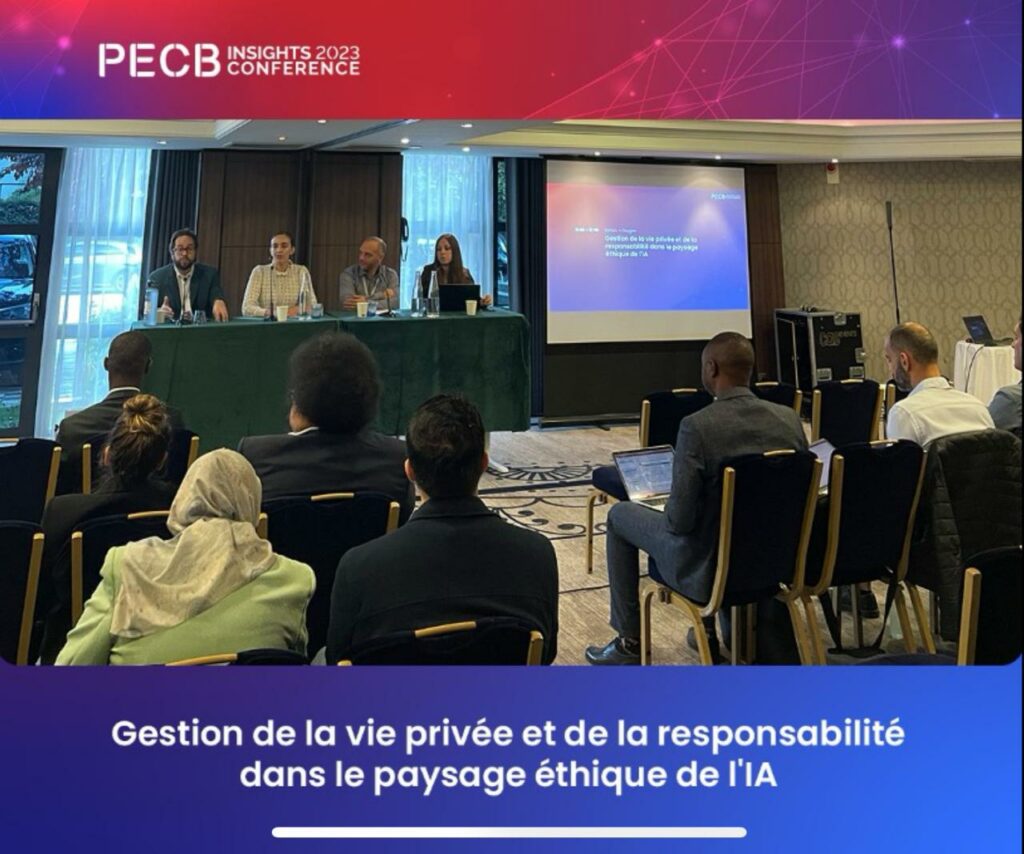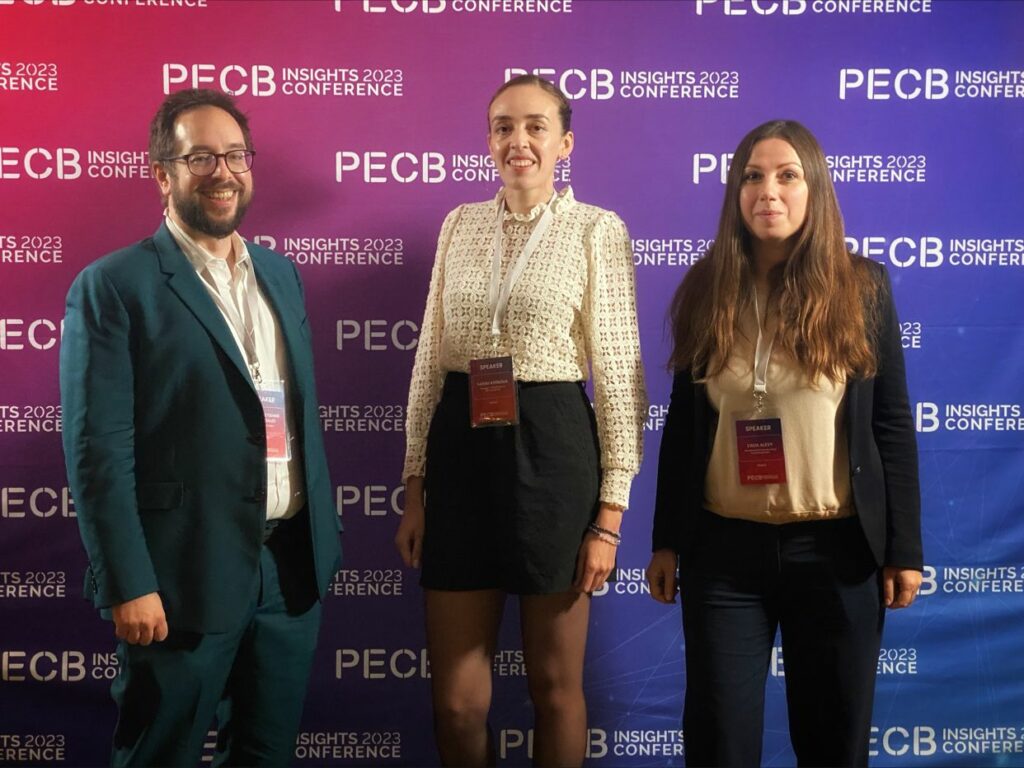Dans le cadre de notre nouveau cycle de conférences autour du numérique et des problématiques « cyber », nous avons le plaisir de vous convier à un petit déjeuner organisé dans nos locaux parisiens, à l’occasion duquel Claude-Etienne Armingaud, CIPP/E (Associé, Protection des données & Technologies) se penchera sur la préparation des entreprises dans le cadre de leur mise en conformité au regard du Règlement sur les Données (EU Data Act). Une belle occasion d’échanger, de s’inspirer et d’entrer en relation avec des professionnels du domaine !
Les places étant limitées, nous vous invitons à vous inscrire dès à présent via le lien suivant : https://ow.ly/183L50TAWbP.
